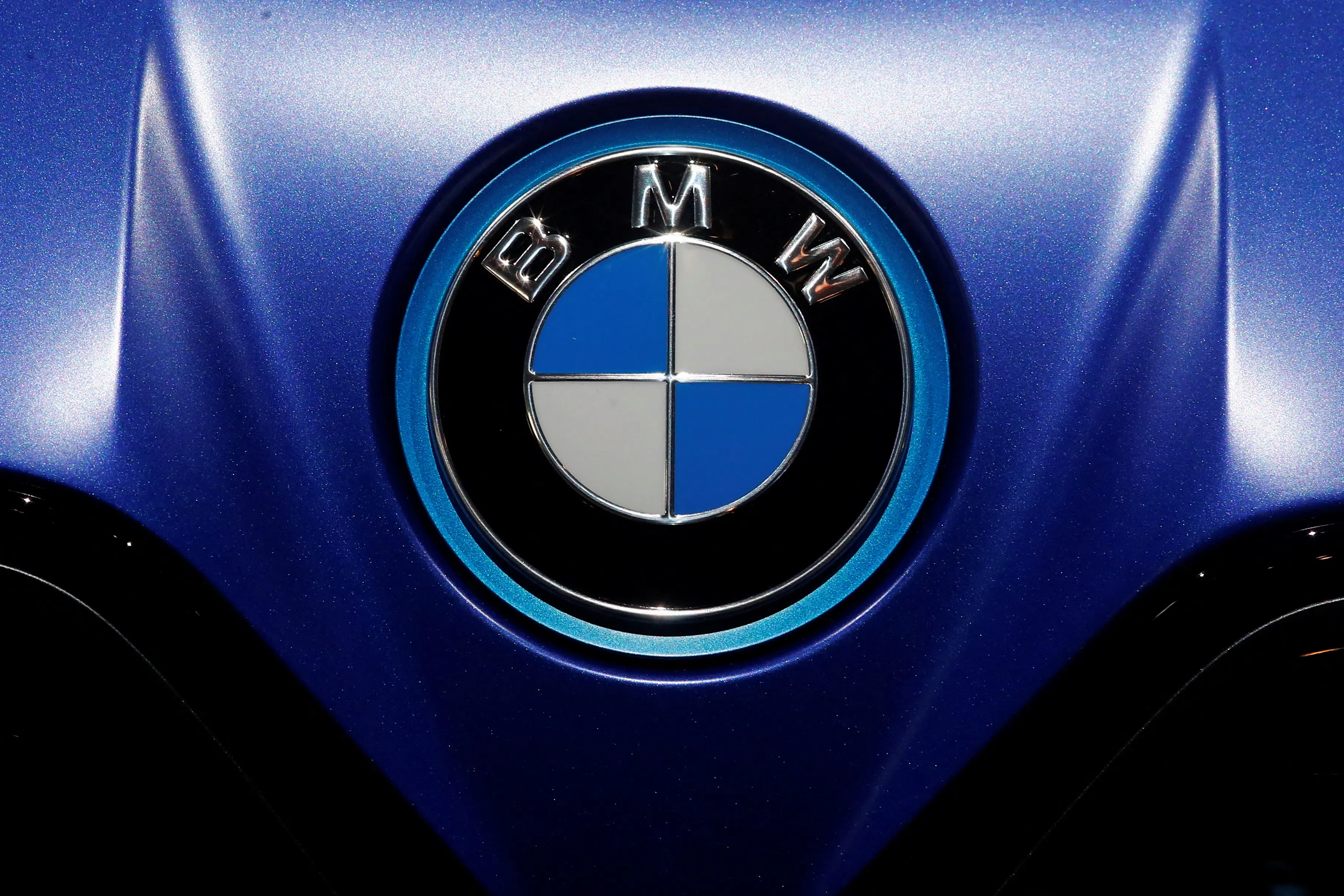BMW's Hydrogen-Powered Future: A Move Towards Sustainable Technology
Key Ideas
- BMW plans to sell hydrogen-powered vehicles by 2028 in partnership with Toyota to establish hydrogen as an alternative to electric cars.
- Despite challenges such as high costs and limited infrastructure, BMW aims to leverage the benefits of fuel cells, including long driving ranges and minimal emissions.
- The collaboration between BMW and Toyota is expected to reduce costs and enhance competitiveness in the hydrogen vehicle market.
- BMW has been testing hydrogen-powered SUVs and sees hydrogen as a key player in its future vehicle lineup, alongside its EV offerings.
BMW has announced its plans to introduce hydrogen-powered vehicles by 2028 in collaboration with Toyota, aiming to position hydrogen as a viable alternative to battery-electric cars. The German luxury car manufacturer will develop a new generation of fuel-cell powertrains, with the initial hydrogen model expected to be available in 2028. Despite the challenges faced by fuel cell vehicles in terms of costs and infrastructure, BMW remains optimistic about the benefits, such as long driving ranges and zero emissions. The partnership between BMW and Toyota is seen as a strategic move to drive down costs through joint development and parts procurement, making hydrogen technology more competitive. BMW has already been testing hydrogen-powered vehicles, including the iX5 SUV, and envisions hydrogen playing a significant role in its upcoming vehicle lineup, alongside its electric vehicles. This move signifies BMW's commitment to sustainable technology and its belief in the potential of hydrogen as a key player in the future of automotive propulsion.
